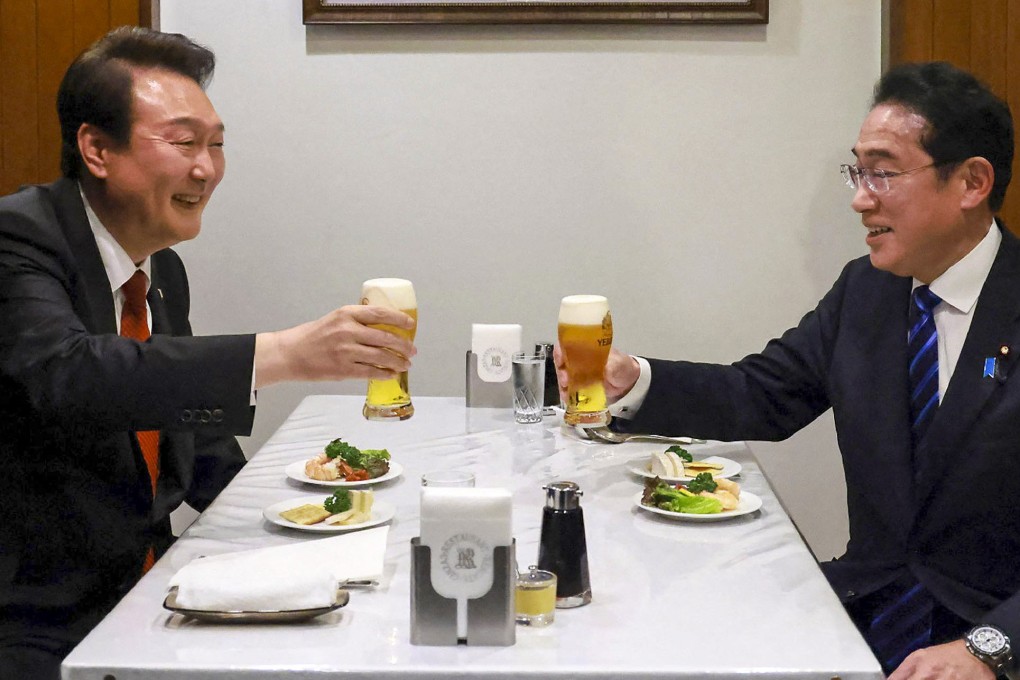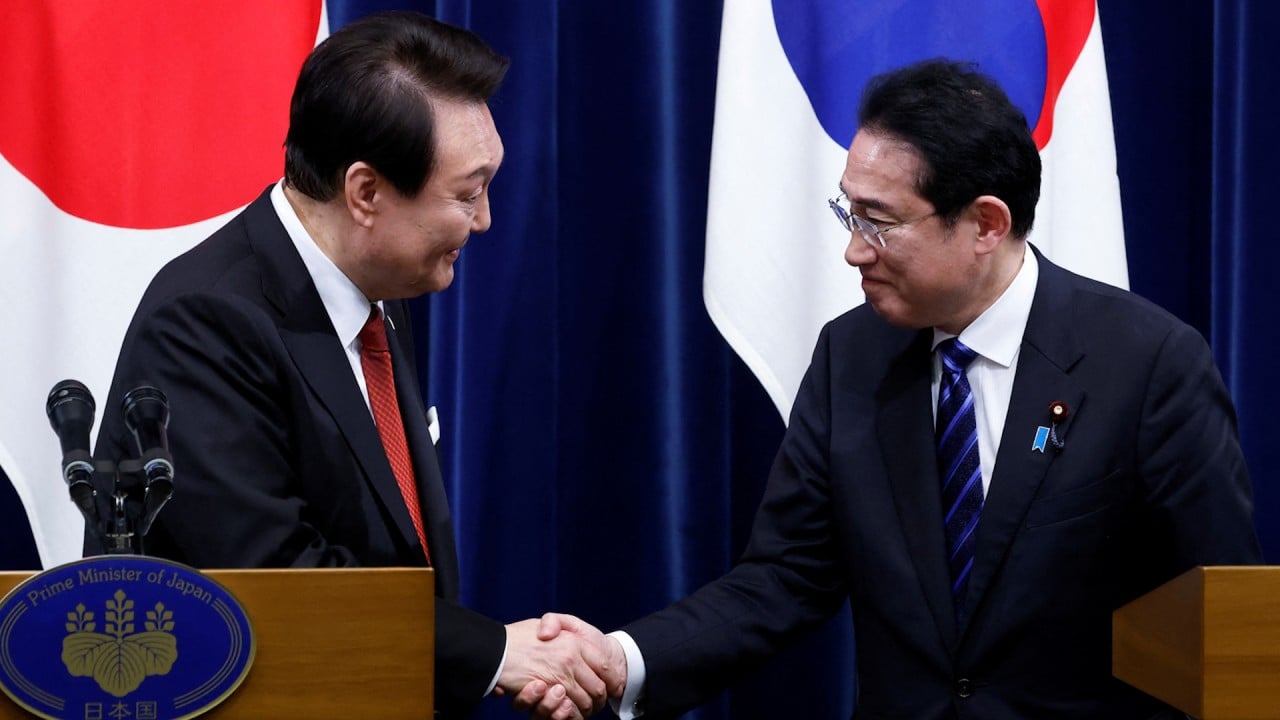Advertisement
Japan’s Uniqlo, Asahi and Lexus brands profit from warmer ties with South Korea
- Japanese brands, Uniqlo, Asahi, and Lexus reported a recent surge in sales in South Korea, following a shift in political ties between Tokyo and Seoul
- Relations sank to new lows in 2019 after Tokyo placed export controls on South Korea’s semiconductor sector, leading to a boycott of Japanese goods
Reading Time:3 minutes
Why you can trust SCMP
7

Japanese brands are once again in vogue in South Korea as improved relations between Tokyo and Seoul mean Korean consumers can buy Japanese cars, clothes and alcohol without fear of being criticised as “unpatriotic”, analysts have said.
Advertisement
Companies such as Fast Retailing – the parent company of Uniqlo clothing, Asahi beer, Lexus cars, ABC Mart shoes and others are all reporting a surge in sales in recent months, paralleling an improvement in political ties between the two neighbours.
Protests outside stores selling Japanese goods had also gradually ebbed, “because people would rather get on with Japan than get involved in more confrontation,” one analyst told This Week in Asia.
The “No Japan” boycott began in 2019 as bilateral relations sank to new lows under Japanese Prime Minister Shinzo Abe and South Korean President Moon Jae-in, who were diametrically opposed on a multitude of issues.
Protests against Japanese imports began immediately after Tokyo placed new controls on a number of exports of chemicals critical to South Korea’s semiconductor sector.
New paperwork requirements and removing South Korea from its list of most-favoured trade partners came soon after courts in Seoul pushed ahead with civil suits against numerous Japanese companies that used forced labourers during Japan’s colonial occupation of the Korean peninsula early last century.
Advertisement
Tokyo has consistently denied the restrictions were a form of sanctions.

Advertisement
